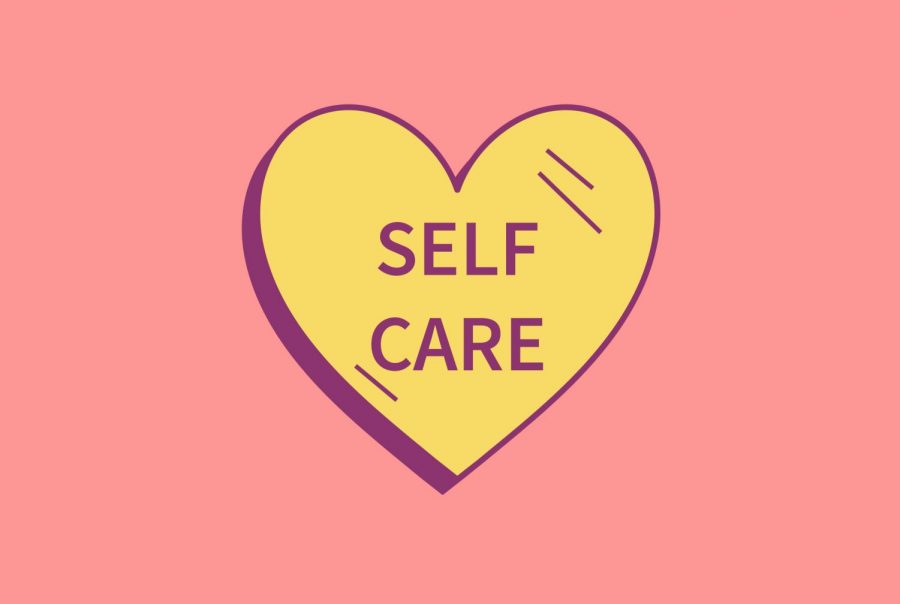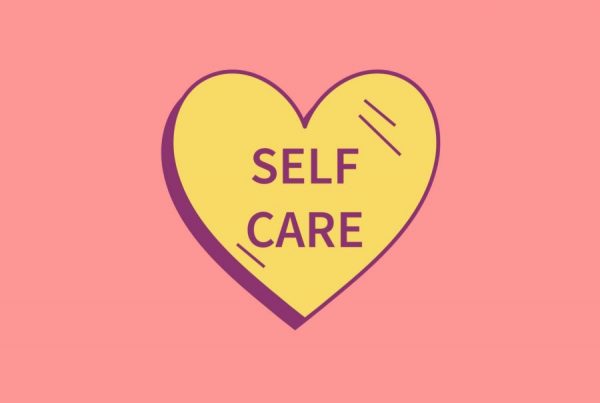The term “self-care” gets thrown around a lot, which means it means different things to different people.
Read more about Personal development
Regardless of what Self-care means to different people, it is important you understand that self-care is not just about weekly massages or buying yourself whatever you want.
Self-care means taking care of yourself so that you can be healthy and strong to do your job, help and care for others, and do all the things you need to and want to accomplish in a day.
Furthermore, it is the practice of protecting your own well-being and happiness and taking action to balance physical and emotional health by knowing your limits and not going over them.
With self-care, you are able to identify the things that bring you joy and help you to decompress. Nevertheless, self-care can be anything that feeds your soul and takes the weight of the world off your shoulders.
In order to care for your health and well-being, it is important to find a balance that allows you to take care of your well-being.
Types of Self-care
Physical Self-Care: Physical self-care involves how you are feeling and energizing your body. It revolves around how much sleep you are getting, how much physical activity you are doing, and how well you care for your physical needs.
Sign up for the Connect Nigeria daily newsletter
Social Self-Care: We are social beings with varying social needs. Hence, it is important to identify your personal social needs and create a balance in your social life.
Mental Self-Care: Mental self-care includes carrying out activities that keep your mind mentally healthy and sharp. Reading books, watching movies, and playing some games help energize your mind.
Spiritual Self-Care: Spiritual self-care has to do with anything that connects you with your God and the universe. Spiritual self-care gives you a deeper sense of understanding and connection. Spiritual self-care activities could be meditation, attending a religious service, or praying.
Emotional Self-Care: Emotional self-care may include activities that help you acknowledge and express your feelings regularly and safely.
How to Practice Self-Care
Get adequate rest and sleep: To perform better and be healthy, you must get at least seven to nine hours of sleep each day.
Eat healthily: Another way of practicing self-care is by eating healthy. Scientifically, some foods are strong mood boosters and can energize your brain as well, so you must eat healthy to be healthy.
Meditate: This simple act builds mental resiliency and calmness; it also helps to manage anxiety.
Register to attend the Connect Nigeria Business Mixer
Explore nature: Research shows that visits to forests, rural areas, and other green spaces can improve thinking skills and reduce stress.
Set Boundaries: Setting Boundaries is an important factor in self-care. This involves knowing when to say yes and when to say no. That way you do not burn out easily.
Take a social media break: Scrolling through Instagram feels like a fun indulgence until it begins to affect your mental health. Occasionally, take a break from social media and get some mental self-care.
Benefits of Self-Care
- Positive Health Outcomes
- Reduces stress
- Regulates emotions,
- Boosts immunity
- Increases your mood and energy level
- Reducing anxiety and depression
- Improving happiness
- Reducing burnout
- Stronger interpersonal relationships
In conclusion, an effective self-care plan should be tailored to your life and your needs. Hence, the need for you to create and customize your own self-care plan is important as it ensures you do not get overwhelmed, or stressed out.
Featured Image Source: SubidaKleen
Got a suggestion? Contact us: [email protected]


